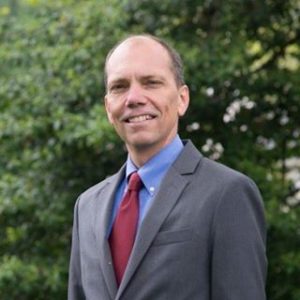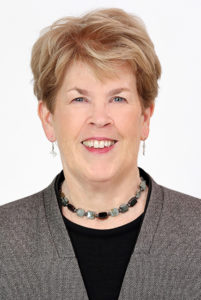 Progressive Voice is a weekly opinion column. The views and opinions expressed in the column are those of the individual authors and do not necessarily reflect the views of their organizations or ARLnow.com.
Progressive Voice is a weekly opinion column. The views and opinions expressed in the column are those of the individual authors and do not necessarily reflect the views of their organizations or ARLnow.com.
By Erik Gutshall
Progressive values of equality and justice for all have triumphed in 2017 elections in Alabama and in Virginia – buoyed by news that a recount in Newport News leaves us with a possibility that control of the Virginia House of Delegates will end up evenly divided between Democrats and Republicans.
Arlington’s legislative agenda will be addressed by many more open ears in Richmond than just a year ago.
Even as we celebrate these progressive electoral victories, however, Arlington must aggressively seek new solutions to a fundamental issue of our time – making sure that Arlington is a community that is accessible and affordable to all, particularly lower- and middle- income families.
Our 40-year commitment to smart growth, investments in great schools, compassion for the vulnerable, and economic prosperity is the foundation for Arlington’s Great Progressive Success Story. Not everyone has benefited equally from our success; yet our quest for a more perfect union should not be quelled by the challenges we face.
By resisting calls for austerity and misguided “tax reform” that starves good governance, Arlington can leverage our phenomenal assets to advance progressive solutions that provide next generation models for our state and nation. In a troubled world, our community can be proof that government can do good.
Key ingredients of our future success will be the fundamentals of good governance:
Core Values: Arlington’s core strength is derived from the foundational values embedded throughout all eleven elements of our County’s master plan – setting a course to sustainability in our Community Energy Plan; striving to preserve and create affordable housing units in our Affordable Housing Master Plan; and committing to a robust transit network in our Master Transportation Plan. Guided by the moral compass of our core values over the rhetoric of minimalist core services, our budget delivers quality schools, open space and parks, public safety, and a wide array of community services that Arlingtonians have supported broadly and repeatedly.
Honest Dialogue: Trust is an essential element of good governance. Neighbors treating each other with mutual respect leads to consensus. County leaders and staff engender trust through transparent motives, information, and deliberate action. Progressive policies are rooted in evidence-based deliberations; therefore, we should honor the wisdom that we are entitled to our own opinions but not our own facts. We cannot sacrifice the Arlington Way and follow the lead of chaotic federal leadership premised on the preposterous notion of alternative facts!
Long-term Planning: A visible and widely heralded aspect of our Great Progressive Success Story is our decades-long smart growth strategy concentrating development along our Metro corridors and thereby creating vibrant, walkable retail centers while preserving surrounding neighborhoods. Today, we must envision new opportunities for the market to create additional housing across the full spectrum of price points to ensure that Arlington is affordable to everyone. Solving this challenge will require the same level of steadfast dedication to long-term planning provided by Arlington’s progressive leaders of the past several generations.
Economic Engine: Long-term planning, honest dialogue, and core values would ring hollow if not for the incredible economic success and prosperity progressives have created in Arlington. Federal spending helped drive Arlington’s success, but we also successfully leveraged that spending to develop the places, amenities, excellent schools, and neighborhoods attractive to talented people who now drive our rapidly diversifying innovation economy. Thankfully, local employers are invested partners in search of housing solutions for their workforce and the clear majority of our business leaders support broader economic opportunity for all in our County.
This year’s elections give progressives renewed hope in the possibilities of good government and a more perfect union. We remain a proud model that successful progressive policy improves lives and communities. Honoring our past, while recognizing that complex problems require thoughtful and, at times, audacious solutions, we owe it to ourselves, and the nation, to bring forward the next generation of Arlington’s Great Progressive Success Story.
Erik Gutshall was recently elected to the Arlington County Board for a term beginning January 1, 2018. He previously served as Chair of the Arlington County Planning Commission. The founder of Clarendon Home Services, Erik lives with his wife and three daughters in Lyon Park.






 Progressive Voice is a weekly opinion column. The views and opinions expressed in the column are those of the individual authors and do not necessarily reflect the views of their organizations or ARLnow.com.
Progressive Voice is a weekly opinion column. The views and opinions expressed in the column are those of the individual authors and do not necessarily reflect the views of their organizations or ARLnow.com.



